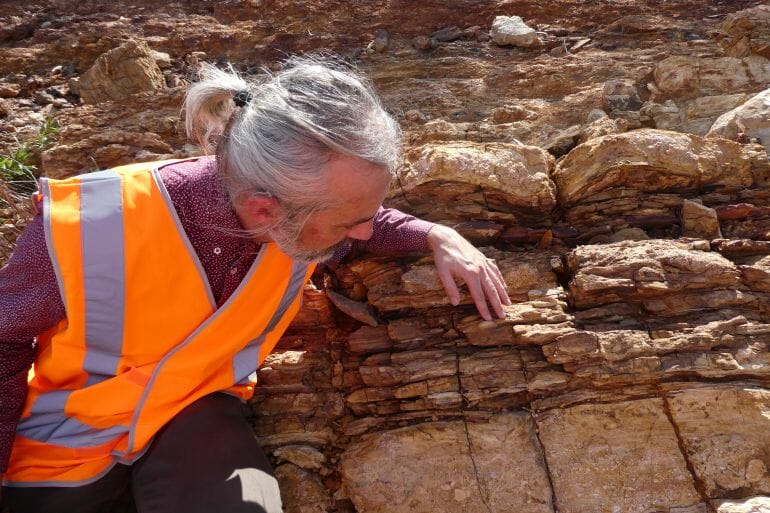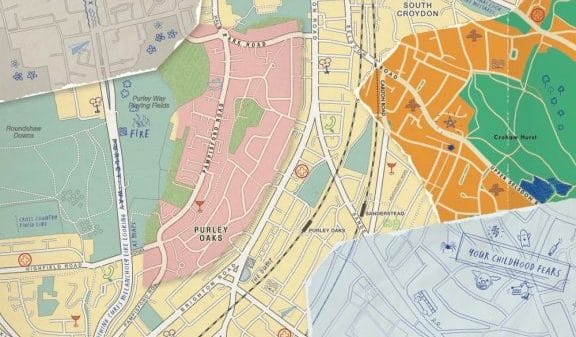The discovery of the Protosterol Biota opens up new avenues for understanding the origins of life and the evolution of complex organisms on Earth. By studying these ancient organisms, scientists can gain insights into the early stages of eukaryotic development and the ecological dynamics that shaped our planet.
The existence of the Protosterol Biota challenges the prevailing belief that early oceans were predominantly populated by bacteria. Instead, it suggests a more diverse and complex ecosystem, with the presence of larger, predatory organisms. This finding broadens our understanding of the early interactions and relationships among different life forms.
Moreover, the discovery highlights the role of marine ecosystems in Earth’s history. The Protosterol Biota, thriving for hundreds of millions of years, likely played a crucial role in shaping the marine environment and influencing the evolution of other organisms. Their predatory nature indicates a key transition in ecological dynamics, potentially paving the way for the rise of more advanced organisms during the Tonian Transformation.
The Protosterol Biota’s extinction remains a mystery, but their disappearance may have been a necessary step in the evolution of modern eukaryotes. Just as the extinction of dinosaurs allowed mammalian ancestors to flourish, the extinction of the Protosterol Biota could have created space for the emergence and diversification of more complex eukaryotic life forms.
This groundbreaking discovery underscores the significance of studying ancient life and the immense complexity of Earth’s evolutionary history. By unraveling the secrets of these ancient organisms, scientists can piece together the puzzle of our own origins and gain a deeper appreciation for the intricate web of life that has shaped our planet over billions of years.














